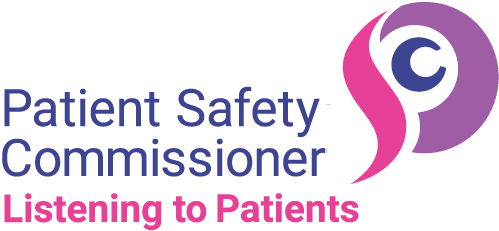
The national implementation of Martha’s Rule is a major step forward in the commitment to improve patient safety. It is a shame that it has come about following the unnecessary tragic death of 13-year-old Martha Mills. Unfortunately, Martha and her family are not the only ones to suffer an avoidable death of a loved one while being treated in healthcare institutions.
In 2001 after twenty years in intensive care at the Royal Berkshire Hospital, I became the Nurse Consultant for Critical Care so we could extend critical care services to the general wards and the Critical Care Outreach (CCO) service. Over the years the CCO team developed into a 24/7 provider of expert assistance to general ward nurses and doctors in the detection and management of patient deterioration. We used an Early Warning Scoring (EWS) system but also encouraged staff to refer patients if they had any concerns.
But healthcare staff did not always refer deteriorating patients in a timely manner. When I met relatives and friends of referred patients, they seemed wholly aware of their loved one’s deterioration and had expressed their worries to the ward team hours or even days before they had prompted a CCO referral.
This inspired me to create a patient and relative activated CCO service so families and friends could refer their loved ones to the CCO team if they had worries about their condition and they felt that the ward staff were not acknowledging their concerns.
I had read up about the ‘Condition (H)elp’ service at the University of Pittsburgh Medical Center in the United States which had been motivated by the work of Josie King’s mother after her 18-month daughter had died unnecessarily due to medical errors and miscommunication. But my real inspiration was hearing Helen Haskell speak at a 2008 conference about the tragic death of her 15-year-old son, Lewis Blackman. The talk was heart rending and eliminated all my concerns about the possible obstacles that a patient and relative activated CCO service might cause among healthcare staff. And trust me, there are many hypothetical problems predicted by clinicians and management.
We set up a pilot study for a Call4Concern service at the end of 2009. From there, there was no looking back: C4C has developed across the whole of the RBH and has also inspired other hospital CCO services to set up similar programmes.
Dr Mandy Odell, former nurse consultant in critical care at the Royal Berkshire NHS FT, and the instigator of Call4Concern
